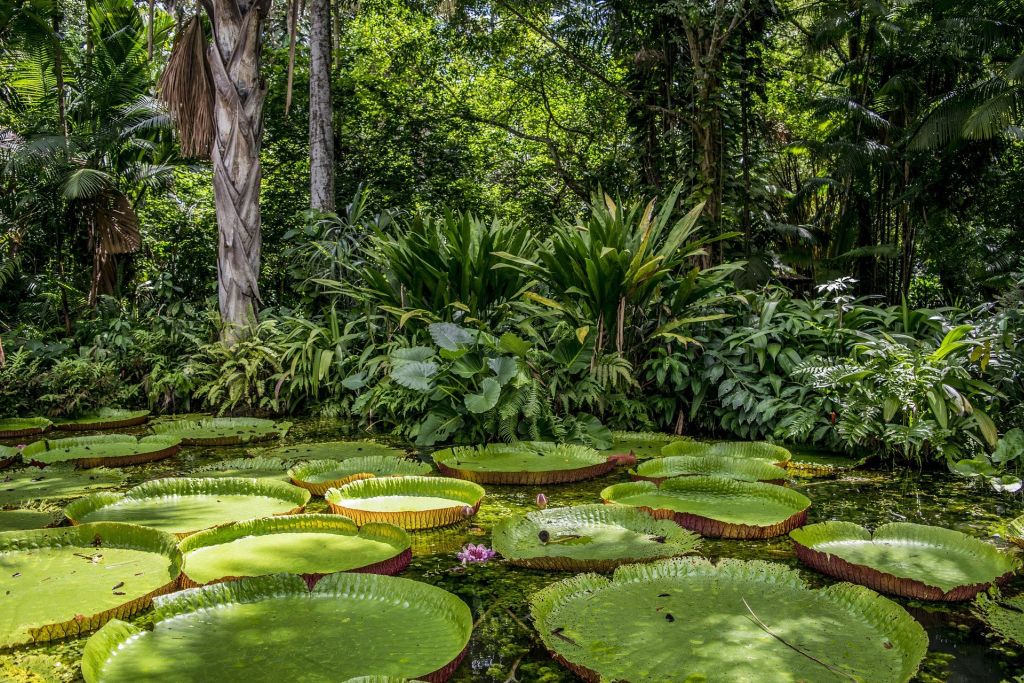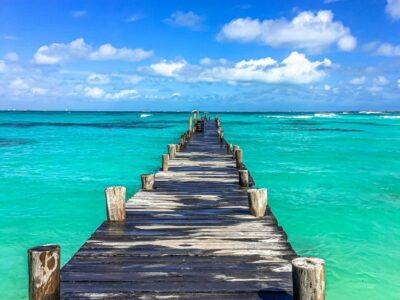Good news from the Amazon – but how is the EU reacting now?
Brazil’s Amazon clearing is falling again for the first time. At the same time, President Lula wants to unite South America’s governments to save the rainforest. The region is taking responsibility for protecting the Amazon.
by Alexander Busch, Latin America correspondent for Handelsblatt and Neue Zürcher Zeitung
In the last few days there has been quite a bit of good news from the South American rainforest:
In Brazil, deforestation under President Luiz Inácio Lula da Silva has fallen by almost half in the first seven months of his term in office. The deforested area amounted to around 3,000 square kilometers, about as much as last in 2018. The restored state controls in particular are likely to have led to the decline in clearing in the Amazon.
At the same time, Lula held a summit of the Amazon states. There he met with representatives of the governments of Bolivia, Colombia, Ecuador, Guyana, Peru, Suriname and Venezuela to revive the Amazon Pact of 1978, which had fallen asleep.
Brazil automatically has the leading role in the initiative. Around 60 percent of the Amazon rainforest is located here, 13 percent in Peru, and ten percent in Colombia.
The negotiations were not easy: The countries were unable to agree on a deforestation freeze, which Brazil and Colombia are aiming for by 2030. This is problematic, because it is precisely in countries like Bolivia with far less rainforest that deforestation rates have skyrocketed. Last year, the country burned almost as much rainforest as the much larger Brazil.
It also remains open whether oil, gas or coal may be extracted from the rainforest in the future. Almost all countries do so. But Colombia – itself an important coal producer, but with oil sources that are drying up – wants to stop all exploration in order to avoid further greenhouse gas emissions.
The states were able to agree on increased coordination against increasing crime and organized crime in the Amazon region. A supra-regional scientific panel involving indigenous and other traditional Amazon forest dwellers has also now been established, modeled on the United Nations Climate Council. This is intended to provide scientific underpinning for government rainforest policy.
Despite the differing views on rainforest protection, the summit is a political success for South America and President Lula in particular. Because with his initiative, South America could contribute far more to rainforest protection than if Brazil or any country were to focus only on its share of the Amazon.
Lula has higher-flying plans. He doesn’t just want to act as South America’s spokesman on the Amazon. The Brazilian wants to convince other countries around the world that have rainforests and want to protect them to take joint action.
Lula is thus sending a strong signal to Europe. This applies above all to the negotiations on a free trade zone between the EU and Mercosur. To all those who have so far seen Brazil’s environmental policy as an obstacle to an agreement, Lula shows that South America has moved on the Amazon issue. Now it’s up to Europe to recognize that.






